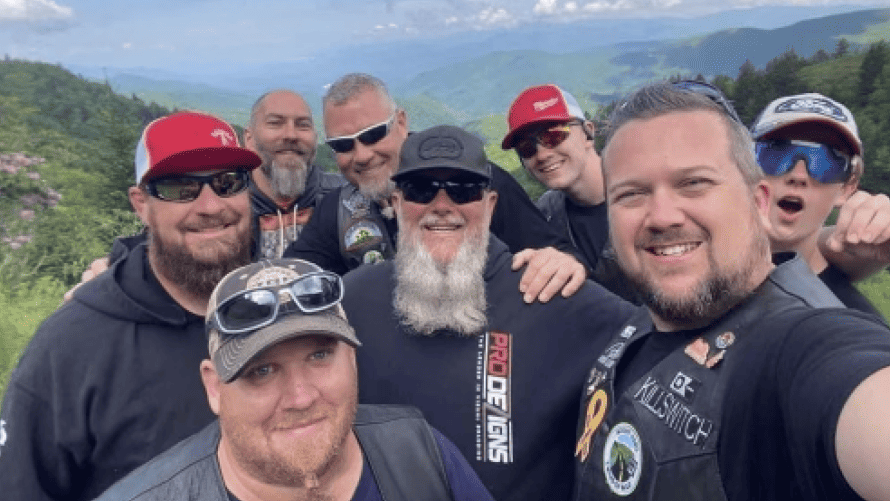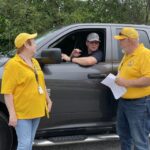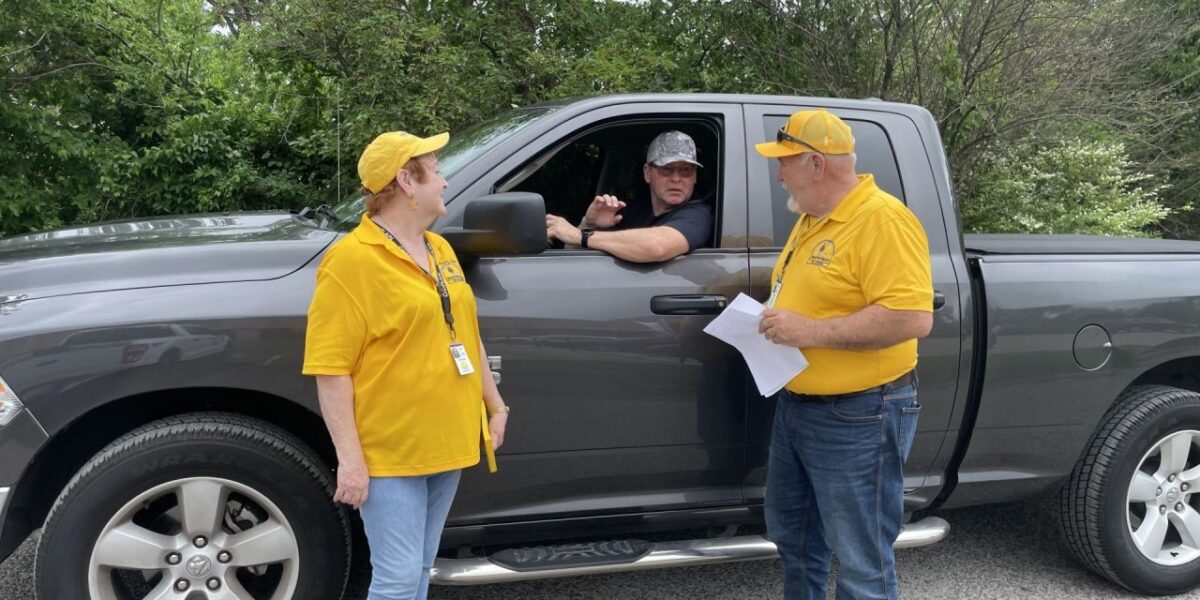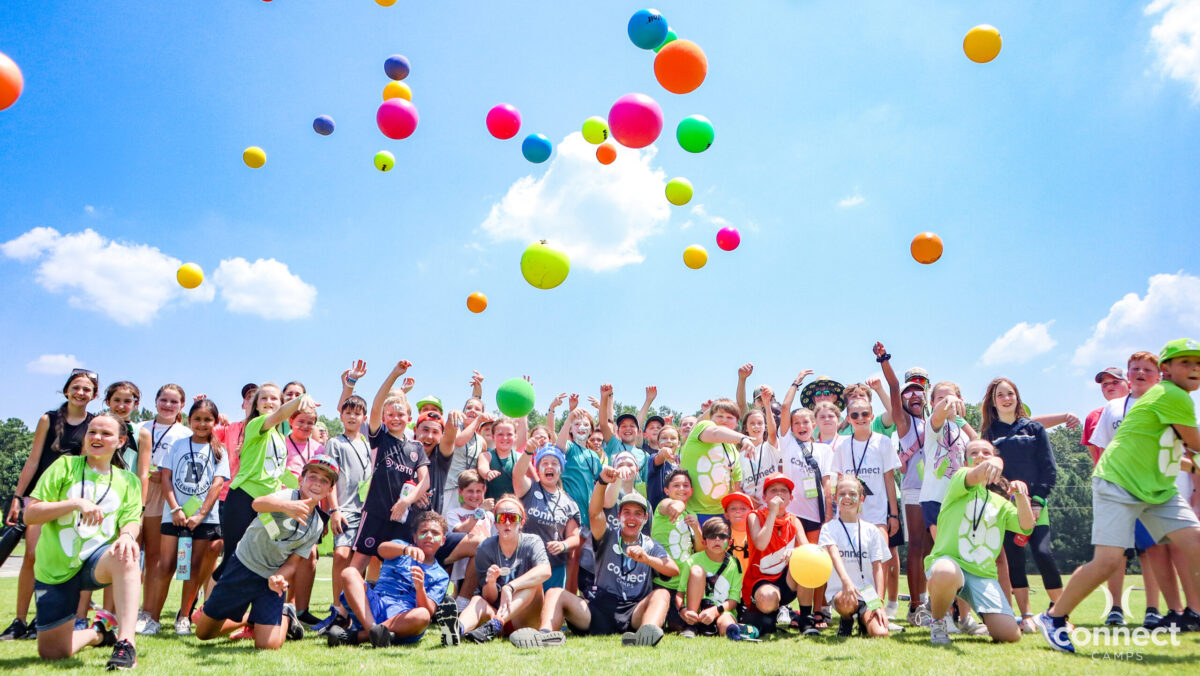Jason Snellen just wanted a way to connect with his three sons. As the boys grew up, he turned to one of his loves, motorcycles. Before many kids learn to ride bicycles, the boys followed his example and were spending time with their father riding motorcycles.
“I always called them my little ‘sons of thunder,’” Snellen said, a reference to the nickname Jesus gave to two of His disciples, James and John, sons of Zebedee. “As they grew, I thought that would be a cool way to keep us together as a group.”
It became more than a play on the rumbling exhaust of Snellen’s Honda Valkyrie. Snellen didn’t become a Christian until he was 21. He said he relates to the thunderous way James and John are described.
“When I started living for the Lord, I had no idea what it meant to live a Christian life,” he said. “I was rough just like those fishermen. Their hearts were right and they wanted to see the gospel proclaimed, but they were still in the old ways. That’s how we were, but God is taking these mounds of flesh and is giving us a new spirit.”
More than a motorcycle club
Those three boys are grown men now, but the idea of Sons of Thunder keeping them tight as a group has stuck. But Snellen, a member of Freshwater Church in Jefferson City, Missouri, has opened the group to other men and their families — both “Sons and ‘Huns’ of Thunder,” as he puts it — in an intentional effort to disciple each other and live lives for the glory of God.
Jesus had 12 disciples, so Snellen figured that was a good limit for families represented in Sons of Thunder. It’s not a way to keep people out; it’s a way to ensure they can all hold each other accountable in their daily walks with Christ and truly be a part of each other’s lives. Yes, they do ride motorcycles, they do love revving their engines, and they do all have tough-sounding nicknames (Snellen’s is “Detour”), but it’s much more than a motorcycle club. Motorcycles are just the conduit in which they connect.
‘Iron sharpening iron’
“We’re not a ‘club’ or a ‘gang,’” he said. “It’s a discipleship ministry. We do six-week rotations of getting into each other’s lives, we do a Bible study together, have each other’s families over, and do life together through the hard times and good times. It sounds like a simple and straightforward thing, but it seems like we get away from that today.”
It is indeed a very old model: spending time together in intentional discipleship. By devoting that time together, whether it’s on two-wheels on the open road or at the coffee shop around the corner, they shoulder burdens, encourage each other in the Word, pray for each other, their families and churches.
“Iron sharpening iron is our goal,” Snellen said. “That’s how we want to live.”
EDITOR’S NOTE — This story was written by Brian Koonce and originally published by the Pathway.






